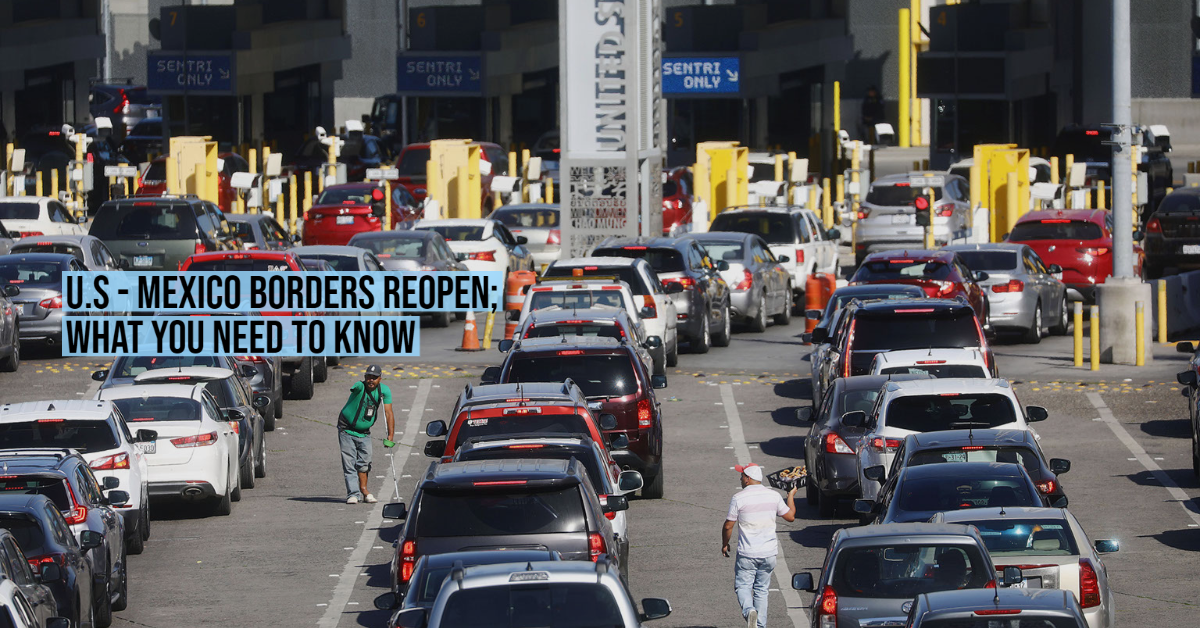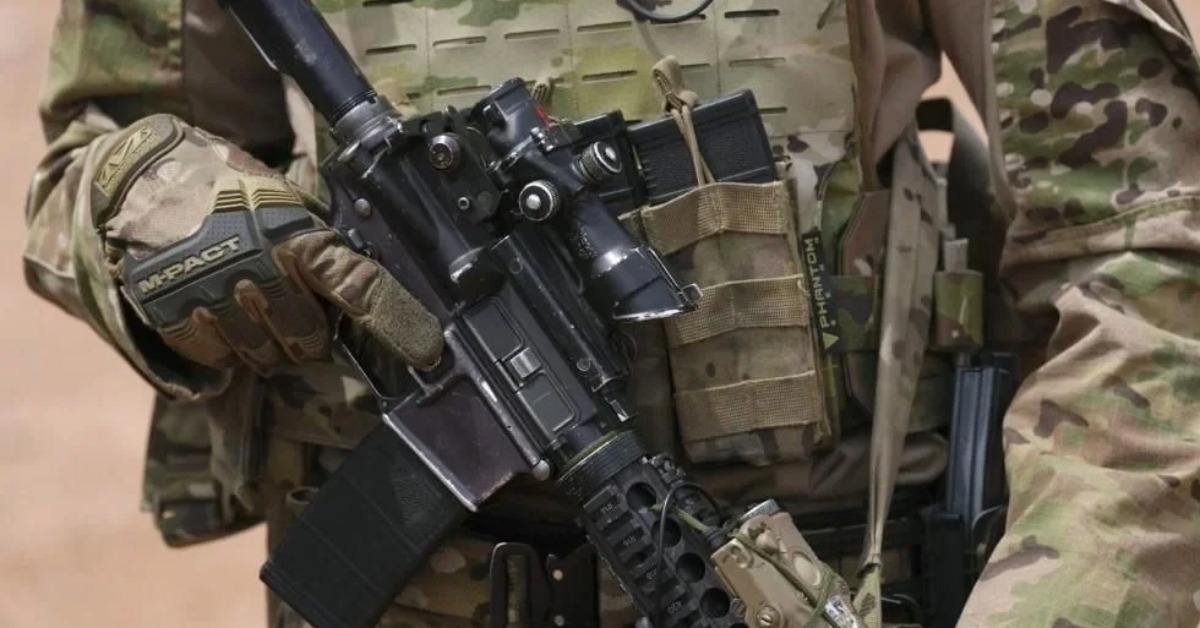After 19 months of closed borders due to the pandemic, the United States has detailed the requirements that citizens who seek to enter the country must meet as of November 8: The borders open just days before the celebration of the Black Friday commercial holiday and the end of the year celebrations.
This Friday, the Department of Homeland Security (DHS) has established that foreigners who have a visa must show their vaccination certificate at the time of the inspection and verbally endorse the reason for their trip, in accordance with the published parameters.
It is . . .






